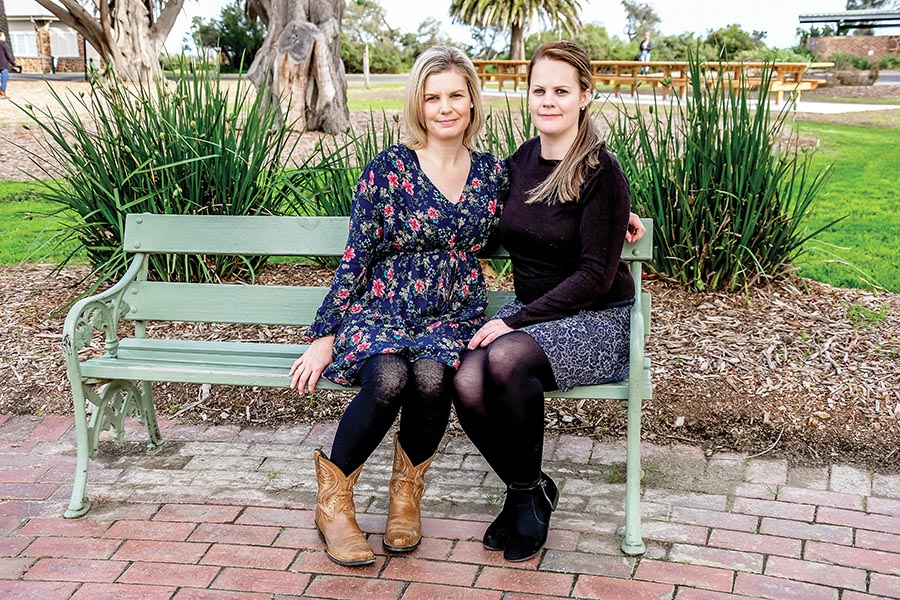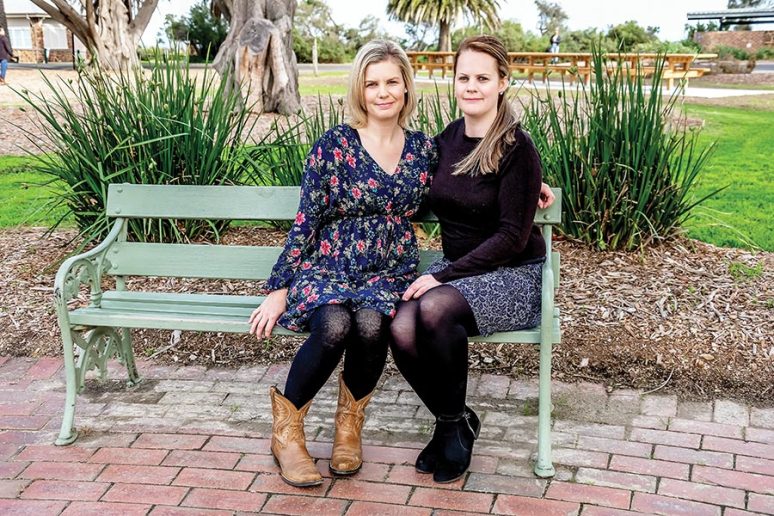
By Cheryl Anne Brodie
TWO sisters are trying to increase awareness of the need for genetic testing among members of cancer-prone families.
Tyabb nurse Julie Gaspero and her sister Michelle May of Traralgon, say that without the test they would not have known they have up to 80 per cent per cent chance of developing breast or ovarian cancer.
The test looks for BRAC1 and BRAC2 genes in both males and females.
The sisters were tested at the Peter MacCallum Cancer Centre in Melbourne after discussing their family’s history, specifically cancer, with their parents.
The high risk for the women has been linked back to their father and aunt, who were both diagnosed with cancer.
The genetic test for the sisters was free because they had a family history of breast cancer.
Ms Gaspero said it was a mystery why doctors had not asked about their family’s medical history.
The sisters believe it may be an area for improvement into the prevention of disease, especially one as prevalent as cancer and they want to make others aware that the onus was on them to follow up investigation into the risk shown by their family history.
“Genetic testing, specifically for the BRCA1 and BRCA2 gene, is highly recommended where a family history of breast and or ovarian cancer is present in first or second degree relatives below the ages of 50,” oncoplastic surgeon Dr Nicole Yap, of The Valley Private Hospital, Mulgrave, said.
“It is best to discuss this with the family doctor or a breast specialist and genetic counseller.”
Genetic testing was highlighted in 2013 by actor Angelina Jolie when announcing she had undergone a preventative double mastectomy.
“If we were not aware of our family history we wouldn’t have been tested, and we wouldn’t know our options,” Ms Gaspero said.
After receiving the results of their genetic tests the sisters said they would rather know they have the BRCA1 gene than not. They see that knowledge as power and are now encouraging their brother to be tested.
For more information speak with your family doctor; Pink Hope www.pinkhope.org.au; or the Peter MacCallum Cancer Centre, Melbourne www.petermac.org




